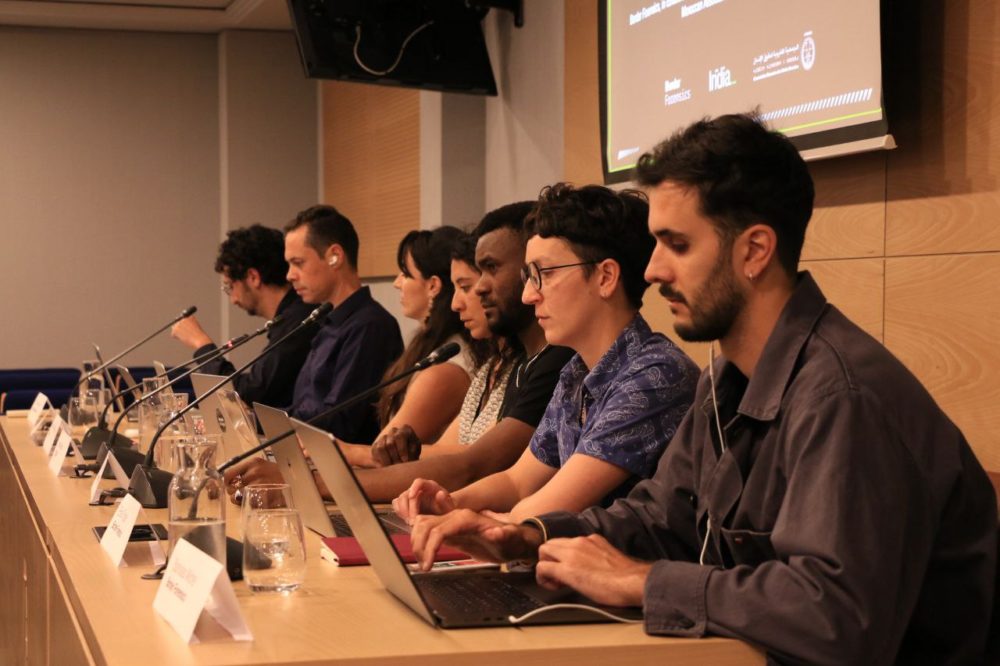New investigation by Irídia and Border Forensics points to the responsibility of Spain and Morocco in the massacre of Melilla

During the last year, we have led an investigation together with Border Forensics on the massacre perpetrated at the Nador-Melilla border on 24 June 2022, which resulted in at least 27 deaths and 70 missing. Two years after this event, the precise development of events and the responsibility of the Moroccan and Spanish law enforcement forces have not been accounted for. The demands for truth and justice of the survivors of the massacre and the families of the dead and missing have not been heeded to date, and not a single measure has been taken to ensure that it will never be repeated. In fact, both countries have filed cases.
You can read the report HERE.
On Tuesday, June 18, 2024, less than a week from the second anniversary of the massacre, we released this new investigation, which collects the testimonies and analyses of the people who survived, puts their demands for justice at the center, and sheds new light on what happened on June 24, 2022. The aim was to answer a question: “How and by whom was the Barrio Chino border post turned into a death trap?”.
Thus, our systematic visual and spatial reconstruction provides new evidence on the responsibilities of the Moroccan and Spanish authorities and allows refuting their versions of the facts, that initially absolved them of any responsibility. Among other things, evidence is collected that Spain may have committed acts of torture and inhuman and degrading treatment, and use riot control equipment in contravention of international law, as well as using unapproved riot control equipment.
Beyond the massacre itself, we also seek to account for the policies and processes that have built up black people as masacrable subjects, as well as research with a postcolonial perspective that puts the racial question at the center of the analysis.
1. Analysis – The Nador-Melilla Border Trap:
2. Testimonials – Nador-Melilla | The demand for truth and justice of the survivors of the massacre:
With the collaboration of Barcelona City Council.
